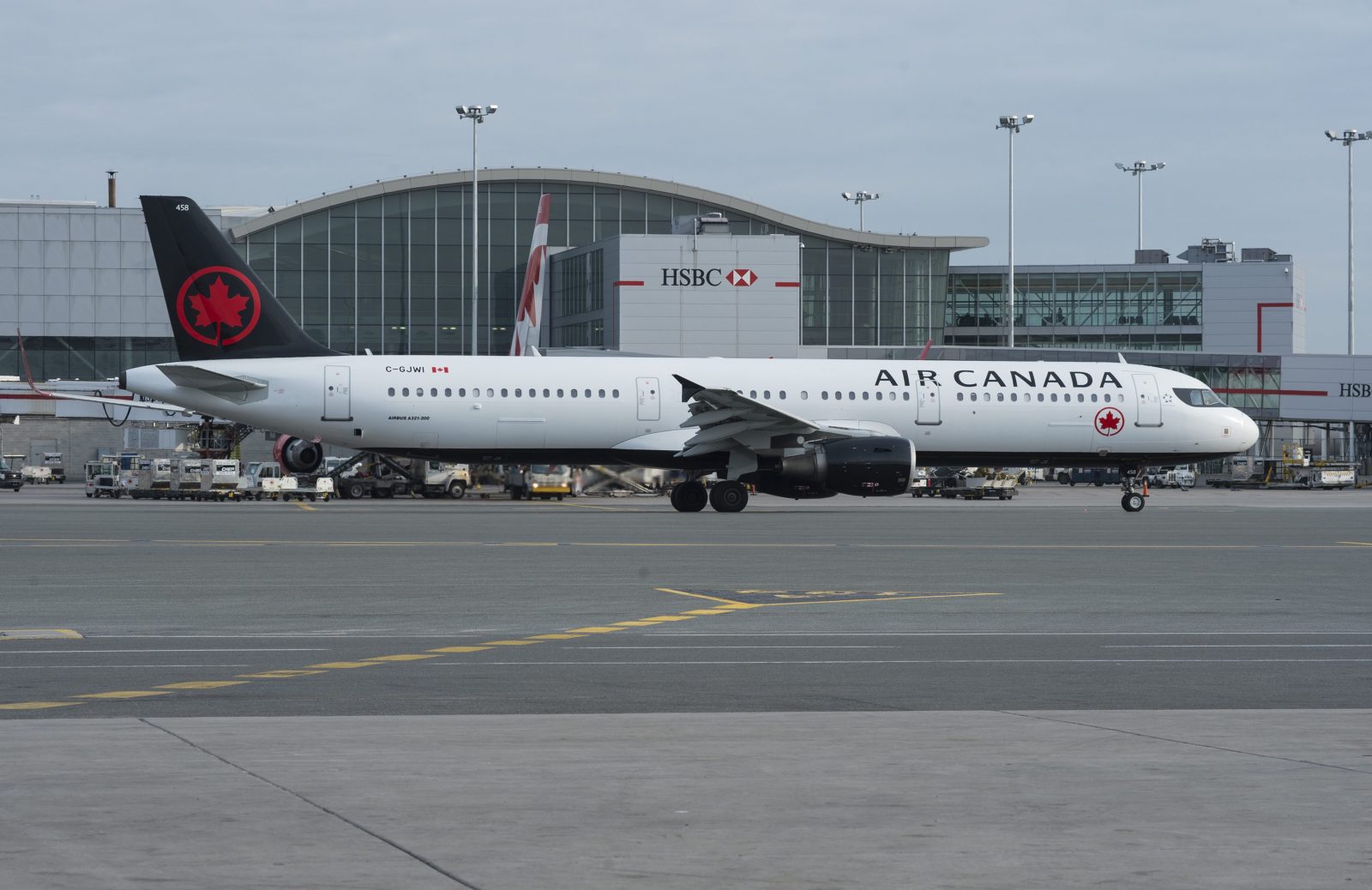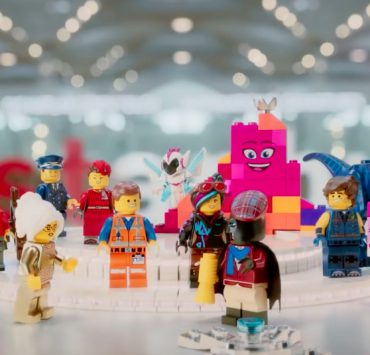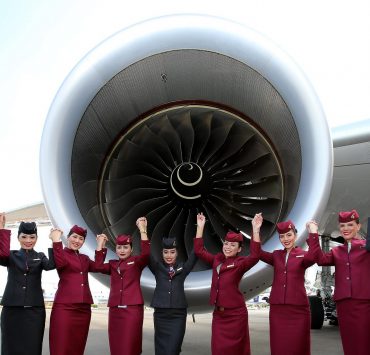
It’s a scheme that has been going on for, well, as long as anyone can remember and despite well-publicised incidents, it’s a business strategy that airlines don’t have any plans to give up anytime soon. The majority of us now know that airlines overbook the majority of flights – quite deliberately. Air Canada, though, has just become the latest airline to be involved in an overbooking scandal after an exposé by Canadian TV station, CBC.
It’s a careful balancing act that can yield great returns for the airline if they get it right. Airlines sell more tickets than seats in the knowledge that not everyone will make it to the plane – either because they cancel, change flights or miss it altogether. Sophisticated algorithms analyse hundreds of thousands of past bookings and flight loads to predict how many extra seats an airline can sell, and importantly, get away with.
But when the system gets the prediction wrong and everyone wants to fly then someone will have to be bumped. It’s not only a stressful experience for those affected but an expensive mistake for the airline when they have to start paying for hotel rooms, expenses and handing out cheques for compensation.
The strategy was put under intense scrutiny after the United Airlines incident involving Dr David Dao in 2017. Admittedly, that wasn’t a true commercial overbooking situation in that passengers were being bumped to make way for deadheading flight attendants but changes still came about from it.
Both United and rival Delta Air Lines now offer as much as $10,000 per passenger in compensation in overbooking situations. The minimum payout starts a lot lower but savvy passengers will know to hold out and force the bidding higher – the idea is to tempt passengers to give up their seat rather than forcing out them to relinquish it (bloodied nose and all).
The Air Canada scandal isn’t nearly as bad as United’s humiliating incident with Dr Dao. Instead, CBC has spoken to current and former employees who say the airline is deliberately “duping” passengers into thinking they’ll get on a flight when its severely overbooked and they know pretty much for certain that they’ll be bumped.
“I had to tell people over and over again that they were gonna get on the plane when I knew that they might not,” explained a former check-in agent at Vancouver Airport.

Heathrow Airport, Terminal 2A, airside, boarding gate, passenger in silhouette, July 2014.
While a serving employee who trains ground agents told CBC:
“I say to the new hired agents, ‘You can’t put up with confrontation all day long. If someone has ‘GTE’ [for “gate”] on their boarding pass, it means they don’t have a seat. But if you explain that to them, they’ll get upset. So just send them to the gate,”
“I train people to dupe passengers.”
It’s hardly the biggest scandal and the employees who asked to remain anonymous said they are asked to lie in order to avoid ugly scenes at the check-in desk. But you’ve got to wonder why Air Canada isn’t just more transparent and open with its passengers – most people know airlines overbook flights so why not just ask for volunteers?
While some people need to get a particular flight, you can also be pretty sure that they’ll be other passengers who can change their flights for a cash incentive.
That’s an idea that’s currently being tested by Australian flag-carrier Qantas with its “Flight Switch” initiative. On select routes, Qantas identifies passengers on an overbooked flight who might be willing to switch to a different flight and emails them several days before their flight with the offer of $70 if they switch. The system works best on routes with lots of daily departures when Qantas can simply move passengers onto a flight which is leaving an hour or so later.
Qantas, though, deny Flight Switch has anything to do with managing overbooked flights but “giving customers who can be flexible about when they travel the choice to change their flight time and be rewarded for doing so”. Okay.
The scheme is currently only available on domestic flights and seeing that Australian consumers don’t have any official legal protection for being bumped, this might be a very welcome solution for some passengers. Meanwhile, in both Canada and Europe consumer protection laws guarantee a minimum payout for “denied boarding” – up to $1,350 in Canada and $600 under Europe’s famous EC261 regulations.
“Overselling … accounts for less than 1 per cent of passengers booked,” explained a spokesperson for Air Canada. She justified the practice by arguing it helped to keep airfares low.
Mateusz Maszczynski honed his skills as an international flight attendant at the most prominent airline in the Middle East and has been flying throughout the COVID-19 pandemic for a well-known European airline. Matt is passionate about the aviation industry and has become an expert in passenger experience and human-centric stories. Always keeping an ear close to the ground, Matt's industry insights, analysis and news coverage is frequently relied upon by some of the biggest names in journalism.









